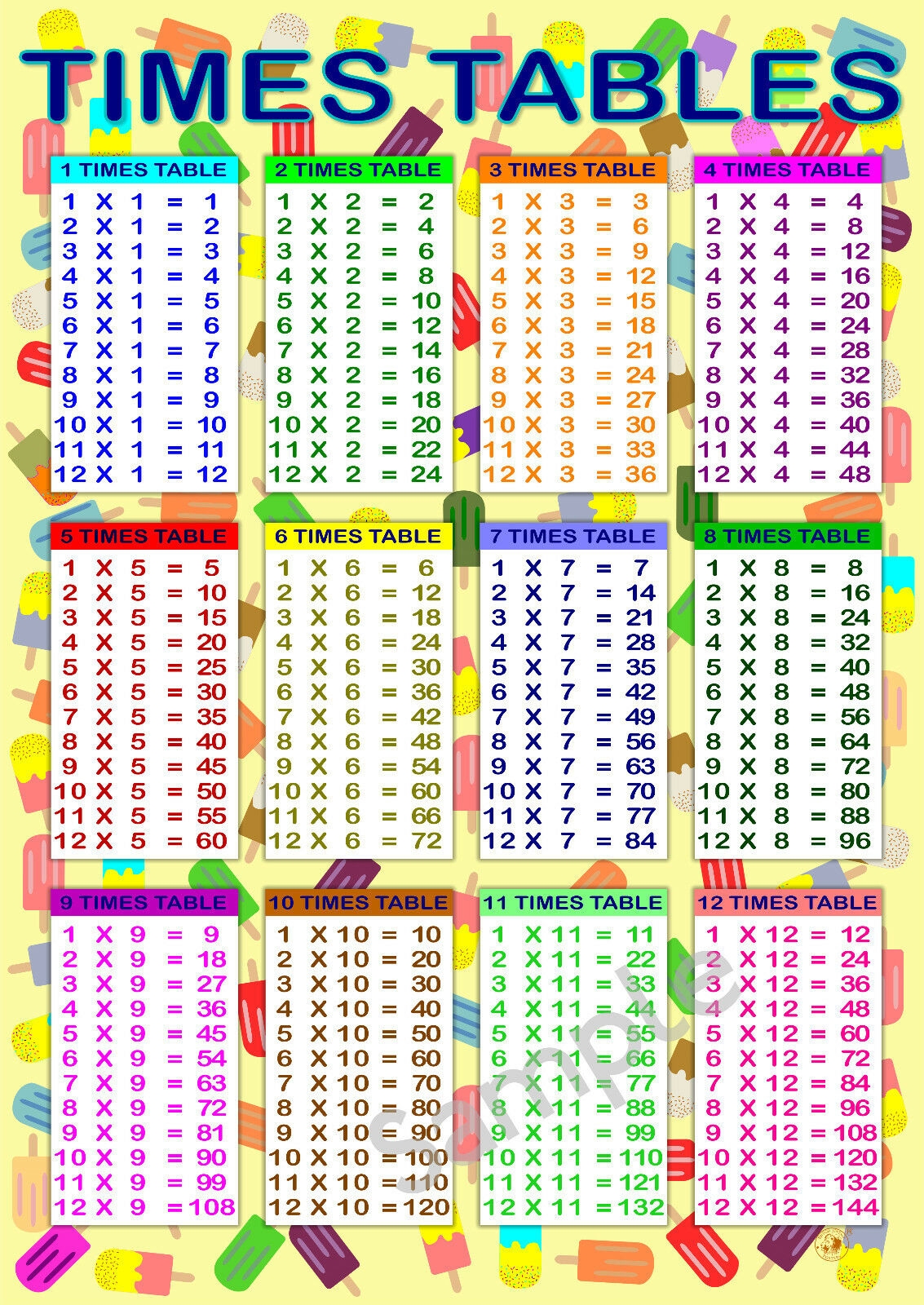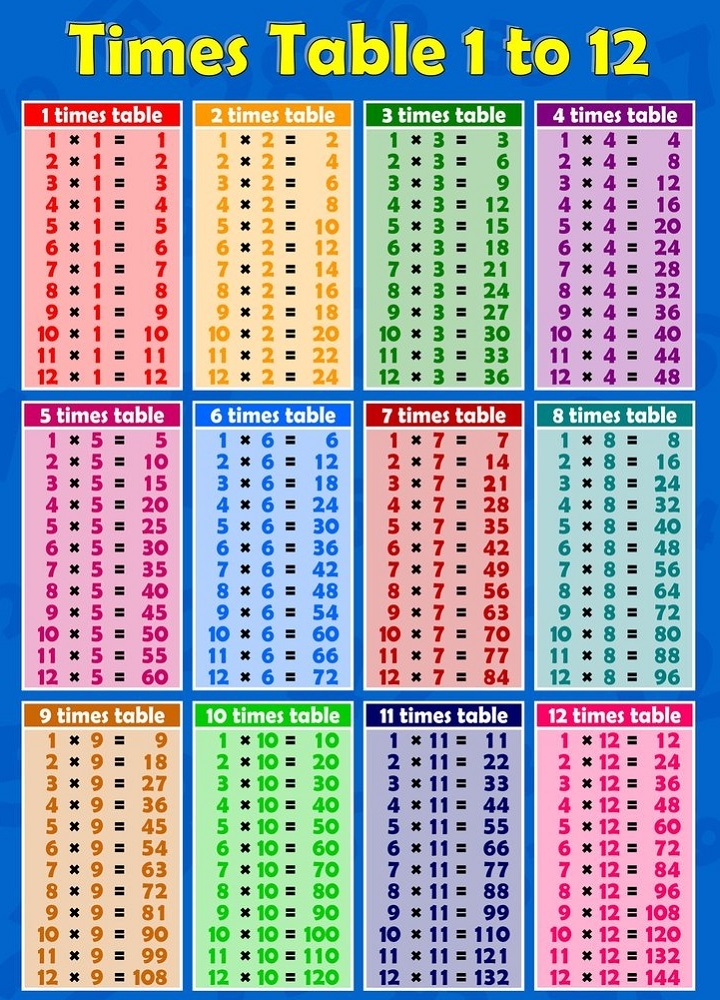Time management is a crucial aspect of productivity and success in any aspect of life, whether it be in school, work, or personal tasks. A time tables chart is a visual representation of a schedule that helps individuals plan and allocate their time effectively. By using a time tables chart, individuals can prioritize tasks, set deadlines, and track progress, leading to increased efficiency and productivity.
1. Organization: A time tables chart helps individuals organize their tasks and activities in a clear and structured manner. By visually seeing how their time is allocated, individuals can better plan their day and ensure that important tasks are not overlooked.
2. Time Allocation: With a time tables chart, individuals can allocate specific time blocks for each task or activity. This helps in avoiding procrastination and ensures that sufficient time is dedicated to each task, leading to better time management and increased productivity.
Tips for Creating an Effective Time Tables Chart
1. Prioritize tasks: When creating a time tables chart, it is important to prioritize tasks based on their importance and urgency. This allows individuals to focus on the most critical tasks first and allocate time accordingly.
2. Be realistic: When planning your time tables chart, make sure to be realistic about the time needed to complete each task. Avoid overloading your schedule and allow for buffer time in case unexpected events arise.

